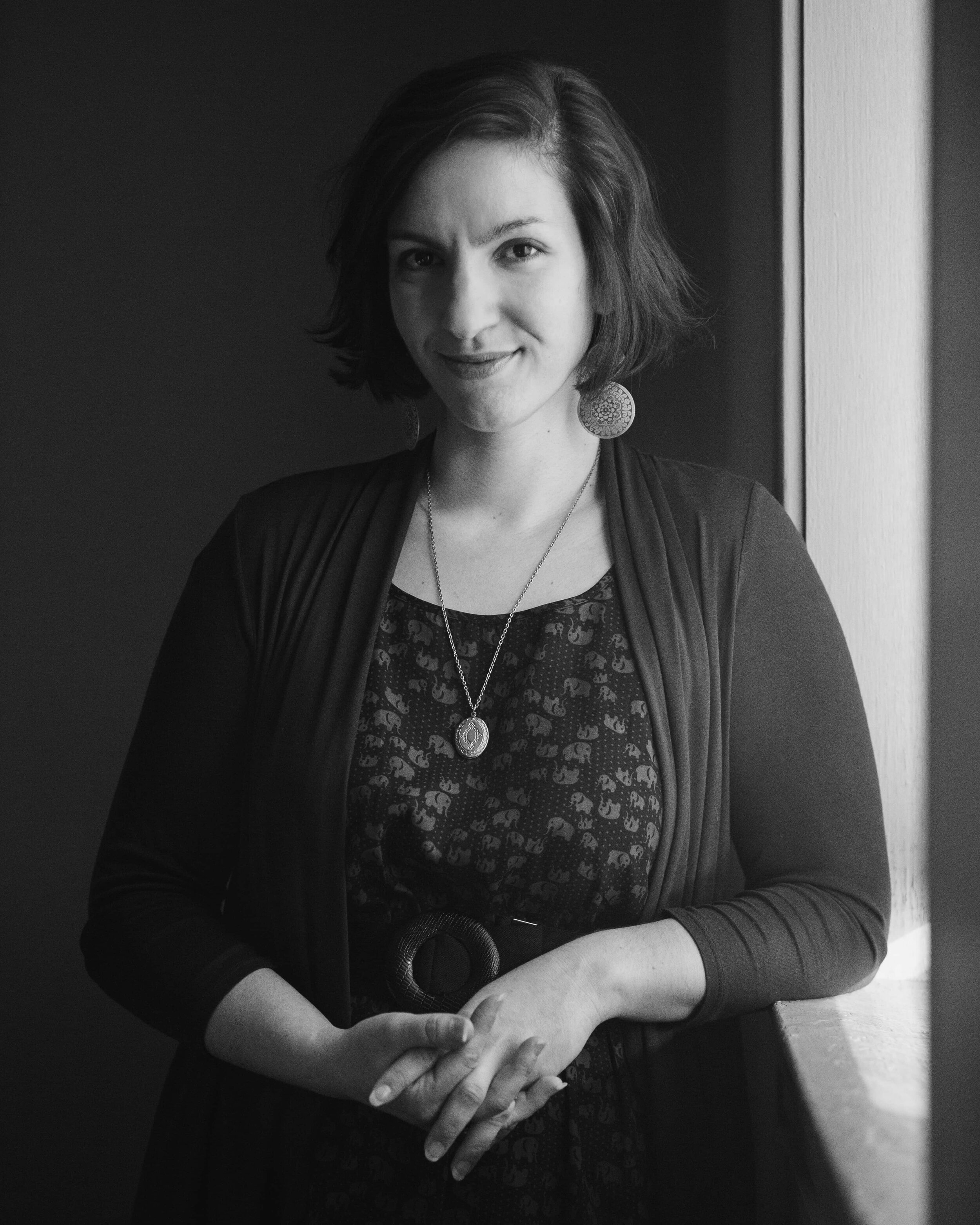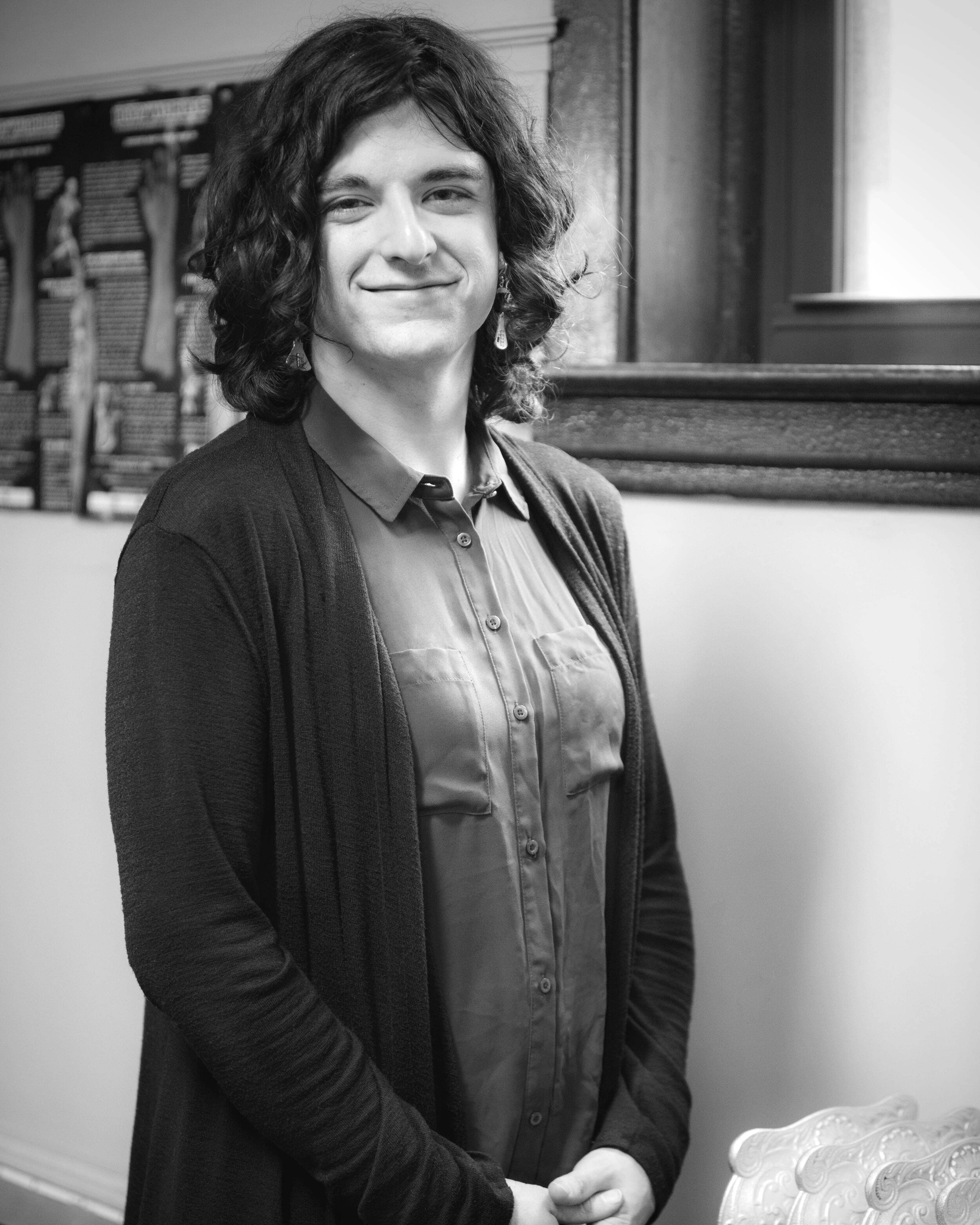American Literature, Literature and Composition, Literature and the Comedic Form and Myth and Hero.
Chair - Math, Science, and Technology
Melissa Metelits became a faculty member in 2018 and teaches Algebra II, Precalculus, AP Calculus BC, and AP Computer Science. She has taught and tutored a variety of subjects in Philadelphia, her home town, and in Chicago.
Alex Cassidy joined The Academy in 2018, and earned their Bachelors in Science Education from the University of Florida. Alex comes to The Academy from Wellsprings Friends School in Eugene, OR.
The curriculum is centered around our what-how-why methodology, which focuses your attention to the thematic and formal elements and their synthetic relationship.
What-how-why gives you the ability to verbalize pointed responses, compose cogent essays, and interpret literature with confidence. As writers and thinkers, you will learn to push past text into subtext, discern reaction from analysis, and develop a pleasure for reading literature with purpose.
As a student here, you will have the opportunity to take English classes ranging from required classes like American Literature and Literature and Composition to electives like Literature and the Comedic Form and Myth and Hero. As a senior, you can be placed in to AP English Literature and Composition upon recommendation of your teachers.
Science Department Courses
The aim of this class is to teach fundamentals of science and mathematics through scientific literacy and experimental design. Along with some attention to epistemological considerations, exploring historical context will be essential. In the course, you will be required to construct your own thought experiments and provide a detailed explanation of the scientific or mathematical phenomenon behind your experiment. The course will require a considerable amount of writing, including short papers on the strengths and limitations of the particular arguments advanced by our sources, extensive research papers on the philosophical questions raised by thought experiments, the scientific and mathematical background of the thought experiment, and detailed presentations representing the process and conclusion of the thought experiment.




Science Discourse and Debate encourages students to research current popular science topics/issues. The students learn a brief introduction to the science behind each topic before choosing the side of the debate that they support. They then get a chance to research their own evidence to support their claims during the class debate.